20 Signs Your Dog Is Malnourished

Like humans, dogs rely on proper nutrition to stay happy and healthy. But sometimes, subtle changes in their behavior can be clues that something’s not quite right. If you’re noticing any unusual symptoms, it’s time to take action and consult a veterinarian immediately to check for any underlying issues.
Significant Weight Loss
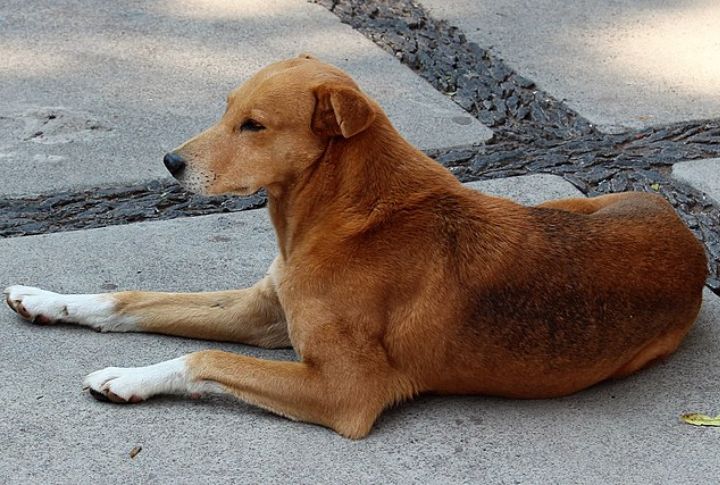
Rapid weight loss indicates a severe calorie deficit, which can impact overall health. Since a healthy dog maintains body mass with balanced nutrition, malnourishment leads to muscle wasting and fat depletion. If ribs or spine become visible, immediate dietary adjustments or medical intervention are essential to restore proper nutrition and prevent further deterioration.
Dry And Flaky Skin

Dogs with persistent dandruff, itchiness, or rough patches may lack key dietary components for maintaining healthy skin and coat elasticity. Since zinc and vitamin E support cell regeneration and hydration, deficiencies in these nutrients often lead to flaky, irritated skin that requires dietary correction.
Dull And Brittle Coat

A healthy coat depends on omega-3 fatty acids, biotin, and protein; these nutrients support fur strength and shine. When they are lacking, fur becomes dry and prone to breakage. Because poor coat health often indicates a dietary imbalance, switching to nutrient-rich food can help restore coat vitality.
Hair Loss Or Thinning

If your dog is experiencing unexplained hair loss, health issues such as allergies, parasites, infections, or hormonal disorders may be the cause. It could also be dietary deficiencies, as a lack of protein or essential fatty acids weakens hair follicles, leading to sparse fur and excessive shedding. Ultimately, consult a veterinarian for diagnosis and care.
Frequent Diarrhea Or Vomiting

Since persistent diarrhea or vomiting rapidly depletes electrolytes and essential vitamins, dogs become more vulnerable to dehydration. Therefore, veterinary evaluation is necessary to identify underlying causes—such as parasites or infections—and ensure proper treatment before further complications arise.
Lethargy And Weakness
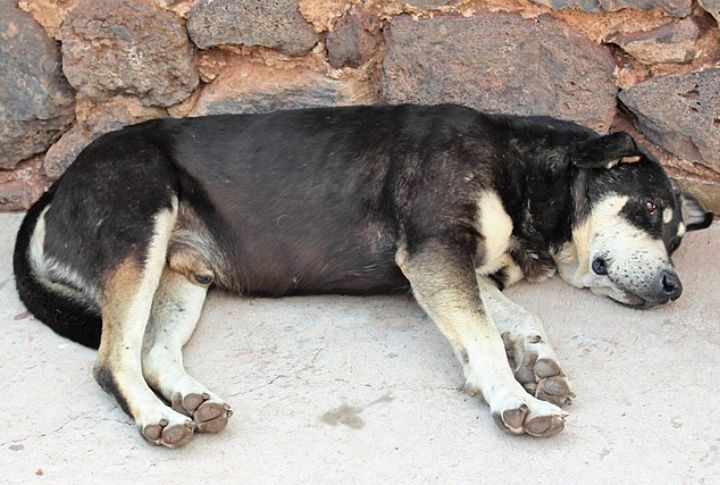
There are several causes of lethargy in dogs, including iron or B-vitamin deficiencies, which weaken red blood cell production and limit oxygen flow to muscles. As a result, dogs become fatigued and prone to excessive sleep. Other factors like infection, pain, heart disease, and respiratory issues can also contribute to low energy levels.
Increased Susceptibility To Infections
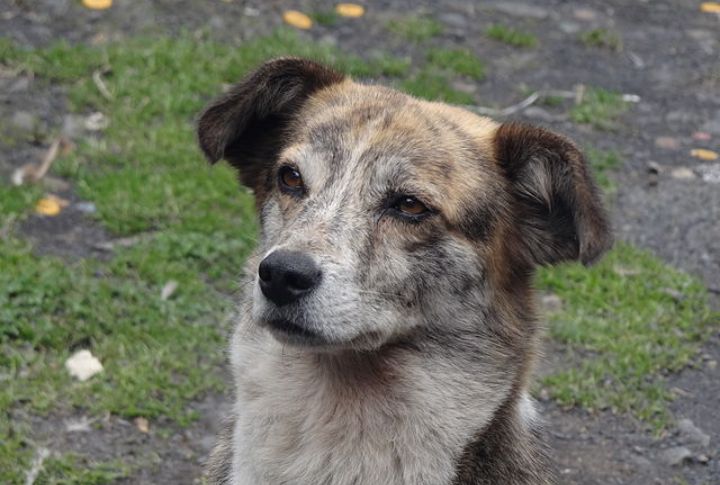
Dogs prone to recurrent infections or slow wound healing require a diet rich in immune-boosting antioxidants and proteins to strengthen their defenses. Because frequent illness often signals immune system impairment, malnutrition can make dogs more vulnerable to infections. Vitamins A, C, and E deficiency further weaken the body’s ability to fight bacteria.
Poor Appetite Or Picky Eating

Now, there are several reasons why your dog could refuse to eat, and nutrient imbalances are one of them. Loss of appetite often accompanies digestive discomfort or deficiencies that alter taste perception. If a dog consistently avoids food, underlying health issues may require veterinary attention to restore proper nutrition and overall well-being.
Behavioral Changes

Irritability or sudden aggression can stem from low blood sugar or amino acid deficiencies, among other medical conditions. Specifically, nutrients like tryptophan and vitamin B6 are essential for regulating mood and stress responses. When lacking these nutrients, a malnourished dog’s nervous system cannot function correctly, leading to unusual behavioral shifts.
Delayed Wound Healing

Did your dog suffer from a cut that takes a long time to heal? This could be a sign of malnutrition, as lacking protein and vitamin C can slow recovery. These nutrients are vital for collagen production and cell regeneration. Without enough nutrients, your dog’s body may struggle to rebuild damaged tissues.
Bad Breath
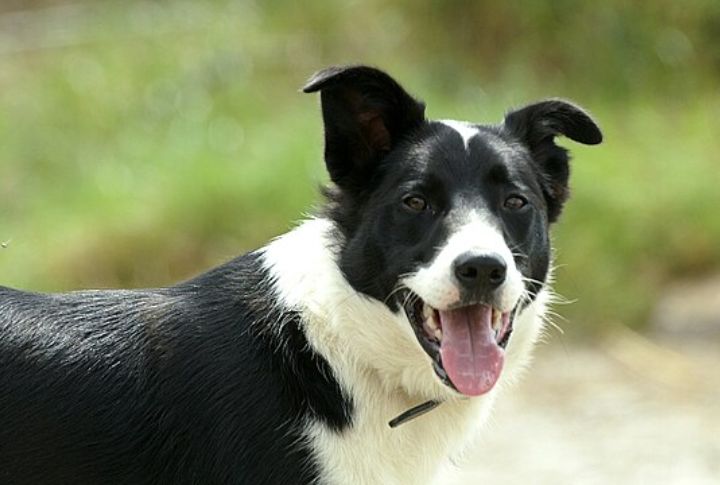
While underlying health issues such as plaques, oral tumors, and kidney or liver diseases play a role, diet is also important to maintaining good oral health. The foul-smelling breath may signal nutritional deficiencies that affect the gut and oral microbiome. Specifically, dogs lacking riboflavin and essential minerals are more likely to develop bacterial overgrowth, leading to persistent halitosis.
Overgrown Or Brittle Nails

Certain nutrients like Calcium and keratin work together to support strong, healthy nails. Malnourished dogs often exhibit thin, cracked, or overgrown nails, making them more prone to breakage. Since nail strength reflects overall bone health, frequent fractures or brittleness may indicate that their nutrient intake needs to be closely examined.
Muscle Wasting

A diet abundant in premium animal proteins is necessary for muscle recovery. Without adequate protein, dogs may experience a loss of muscle mass due to protein deficiency or prolonged calorie restriction. This results in frail, malnourished dogs who struggle with basic movements and have difficulty maintaining physical endurance.
Swollen Abdomen
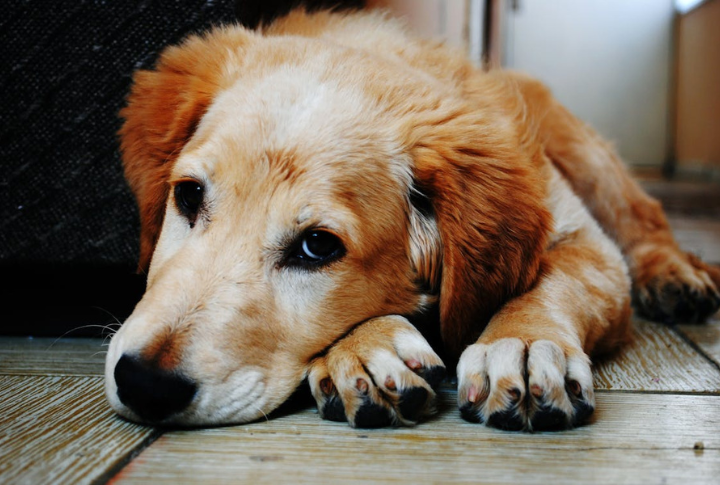
If your dog’s belly is bloated, there are a few causes, such as protein deficiency, organ dysfunction, or fluid retention. In severe cases, which are common in rescue dogs or those with parasitic infections, immediate veterinary attention is required to diagnose whether malnutrition, liver disease, or internal inflammation is the underlying cause.
Excessive Thirst And Urination

Dehydration and nutrient imbalances disrupt electrolyte regulation, increasing thirst and frequent urination. In particular, dogs lacking potassium and sodium struggle to retain water effectively, putting them at risk of dehydration. However, note that a multitude of underlying medical conditions can cause this. Prompt Veterinary intervention is therefore required.
Pale Gums

Anemia is one of the reasons your dog’s gums turn light pink or grayish, requiring nutritional correction or medical treatment. This is often caused by iron and vitamin B12 deficiencies, which contribute to anemia and cause the gums to appear pale or white. In contrast, healthy gums should be pink and moist.
Constant Itching Or Scratching

Is your dog constantly scratching? This could indicate allergies, infections, or nutritional deficiencies, particularly in essential fatty acids, as these nutrients are key for healthy skin and a shiny coat. Without adequate nutrients, your dog’s skin may become dry and prone to itching. Additionally, a lack of vitamins like A impairs skin health and leads to excessive scratching.
Unstable Body Temperature

Body temperature regulation relies on adequate fat reserves and metabolism efficiency. As a result, dogs with poor nutrition have difficulty regulating their temperature in both winter and summer, shivering or overheating quickly. However, breed, coat type, age, health, and environmental conditions also play a significant role.
Digestive Irregularities
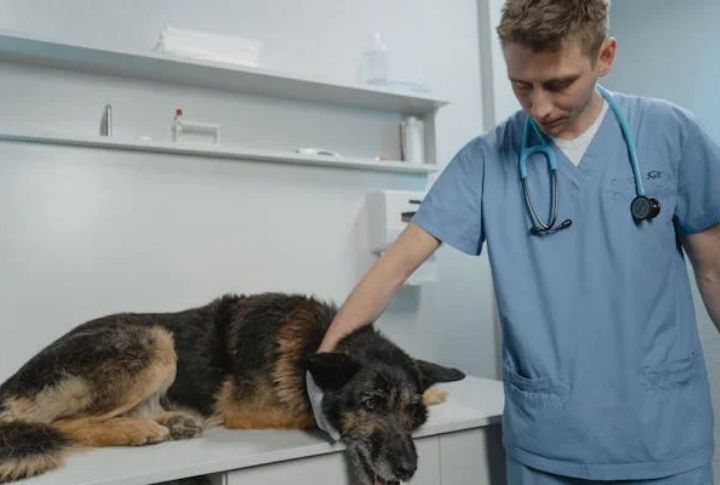
Frequent constipation or loose stools can indicate malabsorption issues. When digestion is poor, it prevents nutrient uptake and worsens malnutrition. Furthermore, diets low in fiber, probiotics, or essential enzymes can contribute to chronic gastrointestinal distress. As a result, immediate veterinary care is needed.
Stunted Growth In Puppies

There are several reasons why your puppy’s growth may be stunted, such as internal parasites and nutritional deficiency. Puppies need Calcium and phosphorus for bone and muscle development. If you notice growth delays, consult a veterinarian promptly to determine the issue and receive appropriate treatment and guidance.





